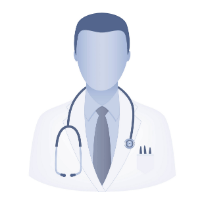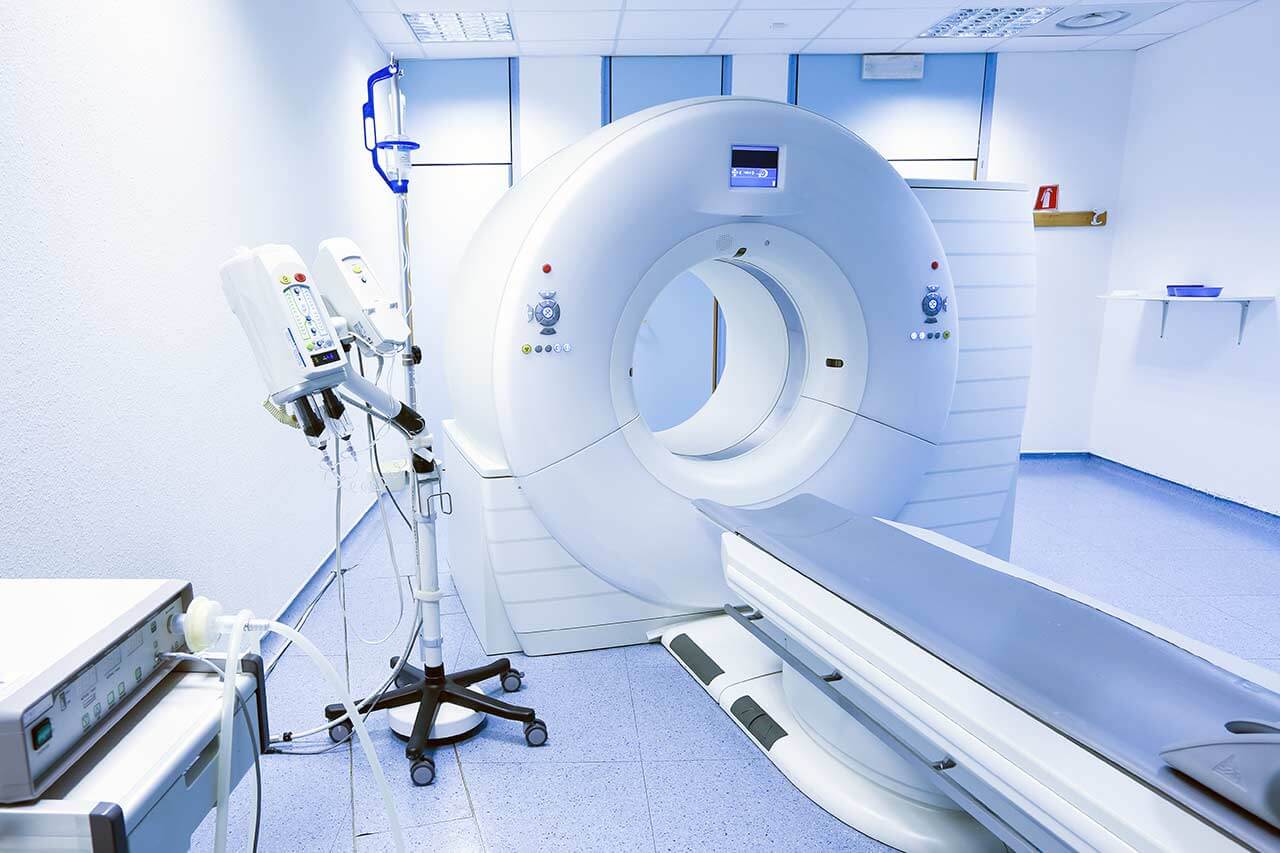
The program includes:
- Initial presentation in the clinic
- clinical history taking
- review of medical records
- physical examination
- laboratory tests:
- complete blood count
- biochemical analysis of blood
- thyroid function test (TSH-basal, fT3, fT4)
- mineral metabolism analysis (Na, K, Ca, Mg)
- lipid metabolism (HDL/LDL, cholesterol, triglycerides,
Lip(a), homocysteine) - iron content (ferritin, iron)
- blood coagulation analysis (aPTT, PT, INR)
- metabolic status (uric acid, total glucose, HbA1c)
- inflammatory parameters (CRP, ESR)
- cardiovascular disease risk markers
- vascular system assessment
- lung function test (Spirometry)
- resting and exercise ECG
- vessel elasticity measurement
- holter monitoring (24h)
- body fat and water examination
- color doppler echocardiography
- color doppler sonography of cerebral vessels
- cardiac catheterization
- preparation according to preoperative standard
- coronary bypass surgery (CABG) up to 2 wassels
- symptomatic treatment
- control examinations
- the cost of essential medicines and materials
- nursing services
- full hospital accommodation
- explanation of future recommendations
Required documents
- Medical records
- ECG (if available)
- Echocardiography (if available)
- Coronary angiography (if available)
Service
You may also book:
 BookingHealth Price from:
BookingHealth Price from:
About the department
According to the Focus magazine, the Department of Cardiac Surgery at the University Hospital Heidelberg ranks among the top German departments specializing in cardiac surgery!
The department offers the full range of surgical interventions for the treatment of cardiac pathologies. The main priorities of the department include aortic surgery, heart transplantation, minimally invasive bypass grafting and heart valve surgery. It performs more than 2,500 surgical interventions every year. In especially complex clinical cases, all necessary specialists from the related fields are involved. The department is headed by Prof. Dr. med. Matthias Karck.
The operating range of the department varies from minimally invasive bypass grafting and heart valve surgery to vascular prosthetics and a miniature artificial heart transplantation. During the operations, doctors use the cutting-edge computer equipment, accurate monitoring systems and advanced surgical techniques, which contribute to optimal treatment results and the most rapid recovery of the patients. If necessary,a heart-lung machine may be used. Since the end of 2009, the department's doctors have at their disposal the state-of-art hybrid operating room, where the simultaneous angiography and surgery are possible in optimal hygienic conditions. Previously, these two procedures were carried out separately.
The therapeutic options of the department include:
- Coronary artery bypass grafting
- Traditional coronary artery bypass grafting with the use of the heart-lung machine
- Off-pump coronary artery bypass grafting
- Minimally invasive direct coronary artery bypass grafting
- Total arterial myocardial revascularization
- Hybrid coronary artery bypass grafting (combination of bypass grafting with catheter interventions)
- Heart valve surgery
- Mitral and aortic valve replacement with the use of biological and mechanical prostheses
- Minimally invasive aortic valve replacement
- Aortic valve replacement with a homograft in endocarditis
- Minimally invasive mitral valve replacement or reconstruction
- David procedure for aortic valve reconstruction
- Ross procedure with the replacement of the affected aortic valve using a similar in function valve of the pulmonary artery
- Tricuspid valve replacement or reconstruction
- Surgery of the large thoracic vessels
- Ascending aorta prosthetics according to David procedure
- Complete and partial descending aorta prosthetics
- Vascular prosthesis replacement after aneurysm surgery
- Partial and total aortic arch prosthetics
- Supracoronary prosthetics of the ascending and descending aorta, as well as its arches, using the hybrid prostheses
- Surgical treatment of heart arrhythmias
- Pacemaker implantation
- Defibrillator implantation
- Implantation of biventricular systems
- Implantation of innovative devices for heart failure treatment
- Surgical treatment of heart failure
- Heart transplantation
- Traditional heart interventions in patients with chronic heart failure
- Implantation of an artificial heart (for example, mechanical circulatory support systems)
- Other medical services
Curriculum vitae
- 1980 - 1986 Study of Medicine at the Christian Albrechts University Kiel.
- November 1986 Medical Licensure, Ministry of Social Affairs, Schleswig-Holstein.
- December 1986 Doctorate at the Christian Albrechts University Kiel.
- January 1987 - March 1993 Surgical Residency in the Department of Cardiothoracic Surgery at the Hannover Medical School (Head: Prof. Dr. H.G. Borst).
- 1988 Research Fellow at the same department.
- November 1989 - November 1990 Postdoctoral Fellowship at the Hadassah University Hospital, Jerusalem, Israel (Prof. J. Borman, Prof. G. Uretzky, Prof. G. Navon).
- April 1993 Surgical Residency in the Department of Cardiac Surgery, University Hospital Kiel (Head: Prof. Dr. A. Haverich).
- October 1995 Staff Surgeon (Senior Physician) in the same department.
- 1987 - 1996 Surgical training for the board certification in Surgery at the Hannover Medical School with rotations in the Departments of Abdominal Surgery (Head: Prof. Dr. R. Pichlmayr), Cardiothoracic Surgery (Head: Prof. Dr. H.G. Borst), Intensive Care Medicine (Head: Prof. Dr. H.G. Borst).
- 1987 - 1996 Surgical training for the board certification at the University Hospital Kiel, Germany, with rotations in the Departments of Trauma Surgery (Head: Prof. Dr. D. Havemann), General and Thoracic Surgery (Head: Prof. Dr. B. Kremer).
- July 1996 Board certification in Surgery, Hannover, Land of Lower Saxony, Germany.
- July 1996 Senior Staff Member in the Department of Cardiothoracic Surgery at the Hannover Medical School (Head: Prof. Dr. A. Haverich).
- October 1997 Venia Legendi (Habilitation) in Surgery at the Hannover Medical School (Thesis: "Myocardial protection in hypertrophied rat hearts").
- January 1998 Habilitation Lecture at the Hannover Medical school (Title: "Changing concepts in the treatment of Marfan syndrome").
- February 1997 Board certification in Vascular Surgery, Land of Lower Saxony, Germany.
- May 1998 Board certification, Cardiothoracic Surgery, Land of Lower Saxony.
- July 2001 Deputy Chairmen of the Department of Cardiothoracic Surgery, Hannover Medical School.
- June 2002 Professor of Surgery, Hannover Medical School.
- October 2006 and Present Professor and Head of the Department of Cardiac Surgery, University Hospital Heidelberg, Heidelberg, Germany.
Clinical Interests
- Complete arterial coronary revascularization.
- Minimally invasive
- reconstructive heart valve surgery.
- Aortic surgery.
- Heart transplantation.
Photo: (с) depositphotos
About hospital
According to Focus magazine, the University Hospital Heidelberg ranks among the top five hospitals in Germany!
The hospital is one of the most advanced and reputable medical institutions not only in Germany but throughout Europe. There are more than 43 specialized departments and 13 medical institutes which cover all fields of modern medicine. A distinctive feature of the hospital is the presence of unique therapeutic methods for the treatment of complex and rare clinical cases.
Due to successful clinical practice, the hospital has been holding leading positions in the international medical arena for many years. The basis for this popularity is the combination of the very latest technologies, competent specialists, and active research activities, which allows introducing of revolutionary diagnostic and treatment methods, which save lives.
In addition to the outstanding medical achievements, it is worth noting a particularly friendly and pleasant atmosphere, and respectful attitude towards the patient. Both doctors and nursing staff make every effort to meet all the needs and wishes of the patient, pay due attention to each clinical case, and have personal communication with the patient, which contributes to a positive treatment result.
Photo: (с) depositphotos
Accommodation in hospital
Patients rooms
The patients of the University Hospital Heidelberg live in comfortable single and double rooms designed in bright colors. Each room is equipped with an ensuite bathroom with a shower and toilet. The patient rooms are quite spacious, they have a table with chairs for receiving visitors. Roomy wardrobes are provided for storing personal belongings. It is possible to connect to the Internet. In addition, the hospital offers enhanced-comfort rooms with a safe, refrigerator, and upholstered furniture. Patients have 24-hour access to the services of medical personnel.
Meals and Menus
The patient and his accompanying person have a daily choice of three menus. If you for some reason do not eat all the products, you will be offered an individual menu. Please inform the medical staff about your dietary preferences prior to the treatment.
Further details
Standard rooms include:
Religion
The religious services are available upon request.
Accompanying person
During the inpatient program, an accompanying person may stay with you in a room or hotel of your choice.
Hotel
During the outpatient program, you may live in a hotel of your choice. The managers will help you choose the most suitable options.
The hospital offers a full range of laboratory tests (general, hormonal, tests for infections, antibodies, tumor markers, etc.), genetic tests, various modifications of ultrasound scans, CT scans, MRI and PET / CT, angiography, myelography, biopsy and other examinations. Treatment with medications, endoscopic and robotic operations, stereotaxic interventions is carried out here, modern types of radiation therapy are also used. The hospital offers patients all the necessary therapeutic techniques.
- Endovascular treatment of liver pathologies with LigaSureTM, Ultracision® and Habib®-Sealer devices
- Correction of chest deformities in children (Nass operation)
- Minimally invasive direct coronary artery bypass grafting
- Replacement of ascending aorta (David procedure)
- Operations using the da Vinci robotic system
These are primary lung tumors and metastases in the lungs, benign and malignant liver pathologies, thyroid pathologies, gastroesophageal reflux disease, heart rhythm disturbances and heart failure, infertility, fibromyalgia, damages and pathologies of large joints, polyneuropathy and other diseases.
- Thoracic surgery
- Cardiac surgery
- Urology
- Orthopedics and traumatology
- Obstetrics and gynecology
The hospital's team consists of more than 13,000 highly qualified employees




